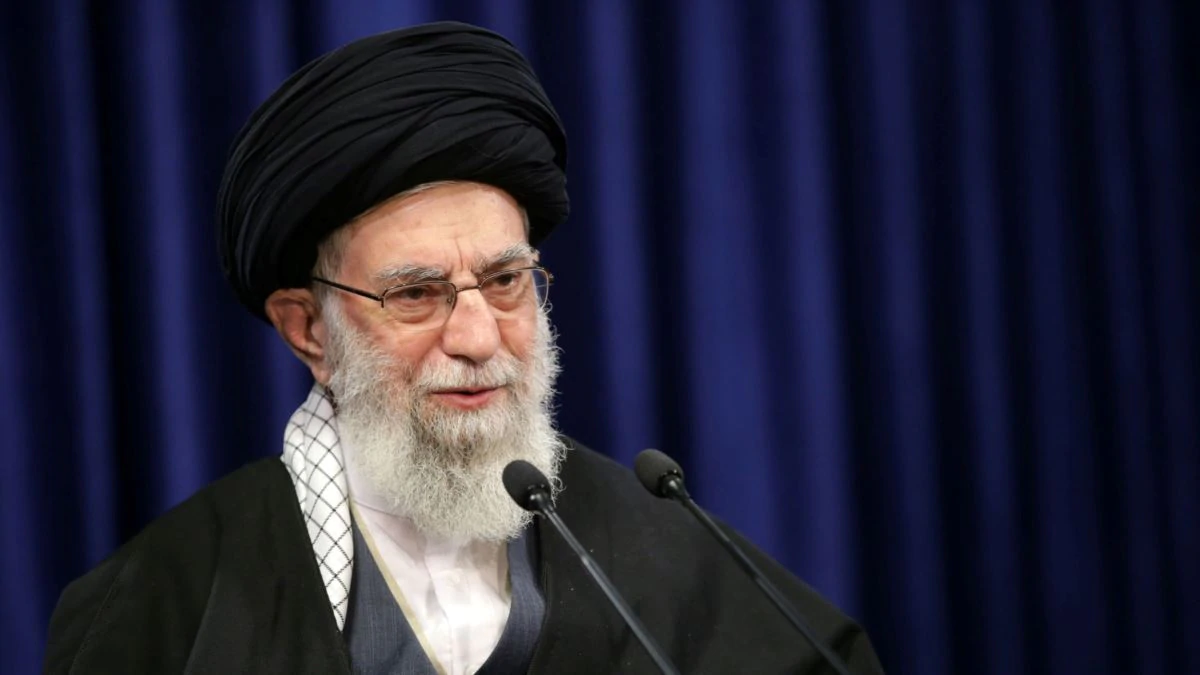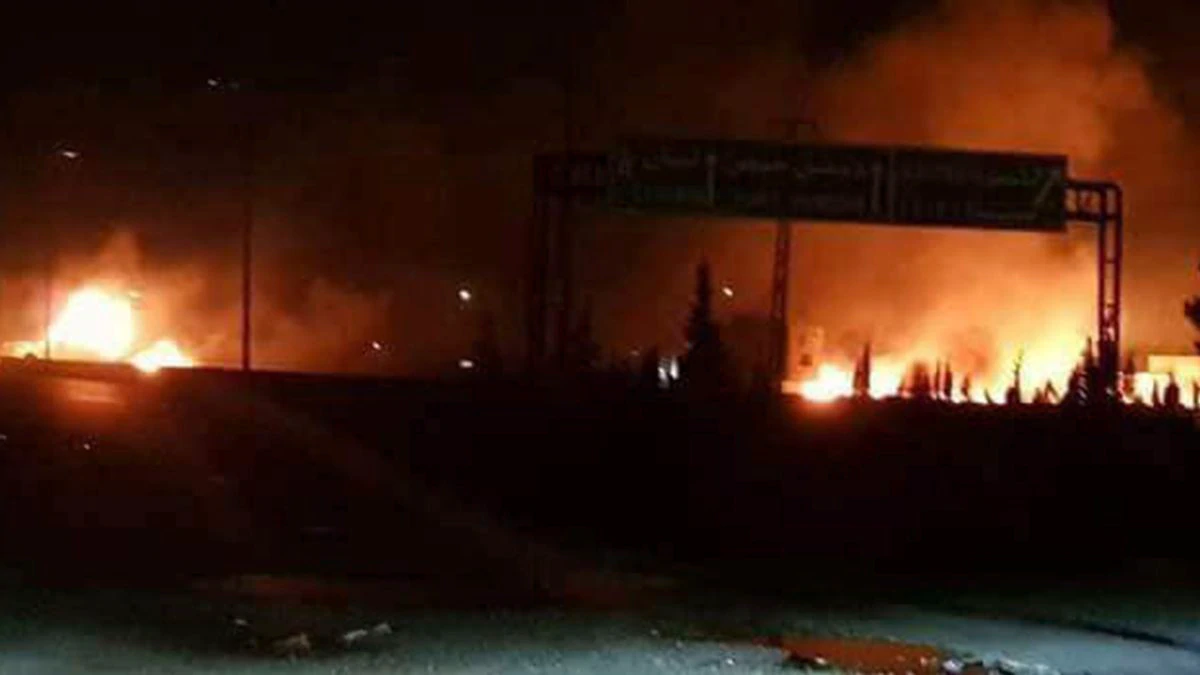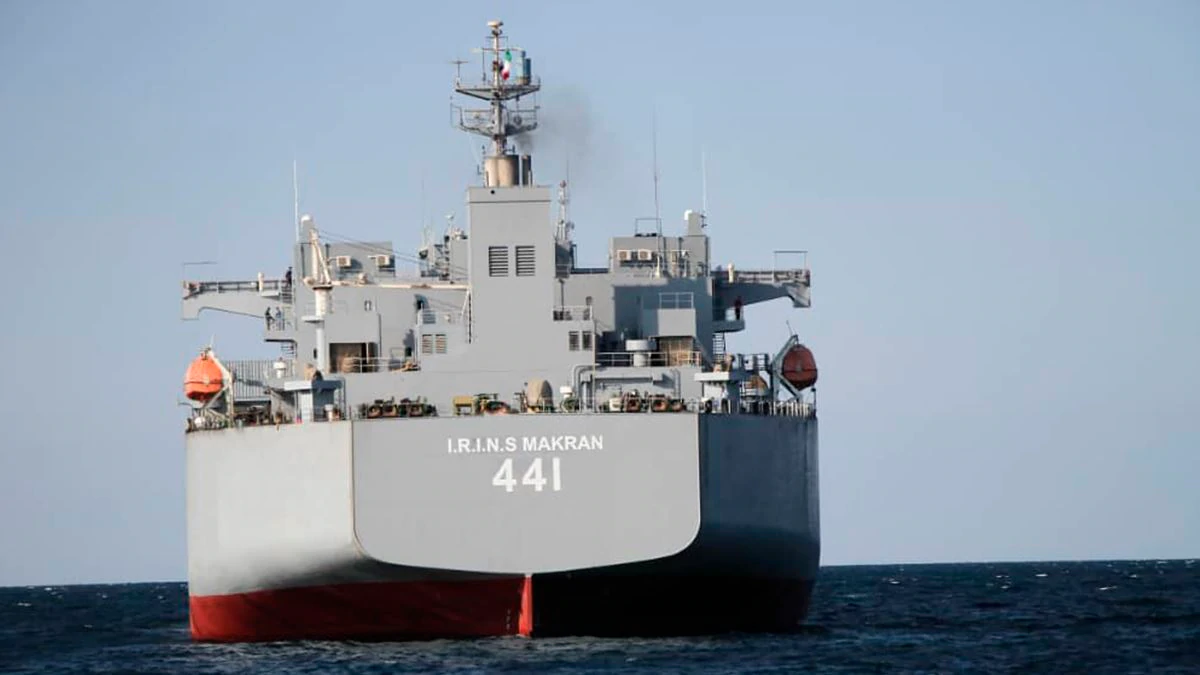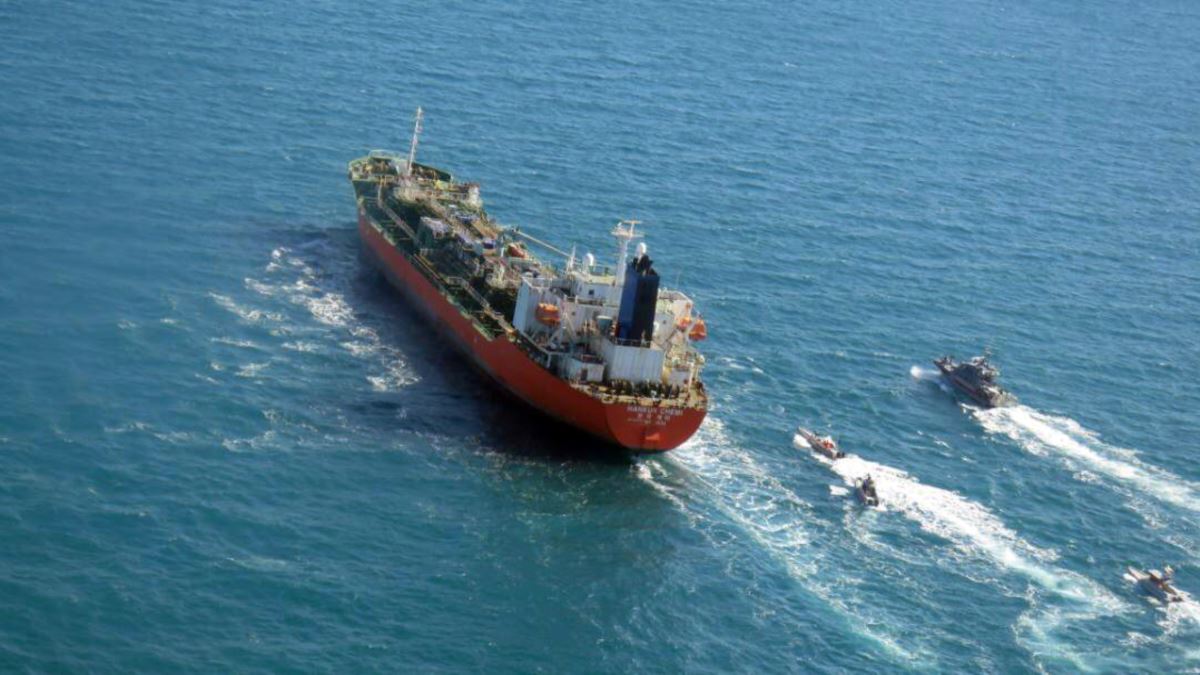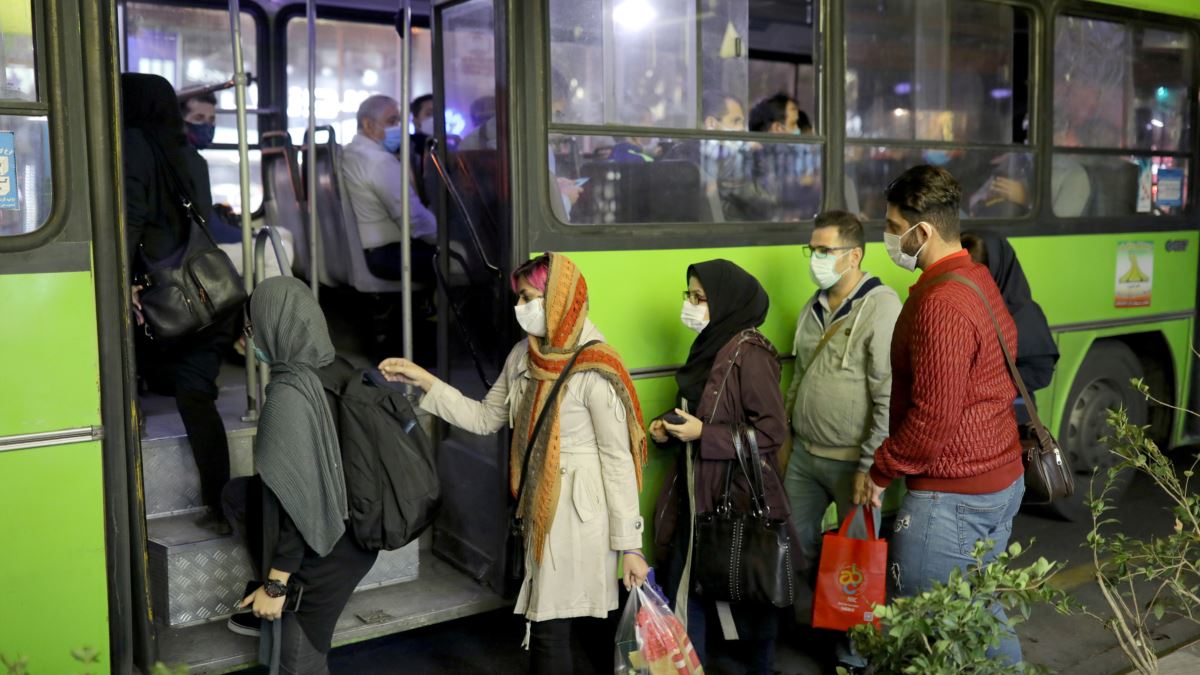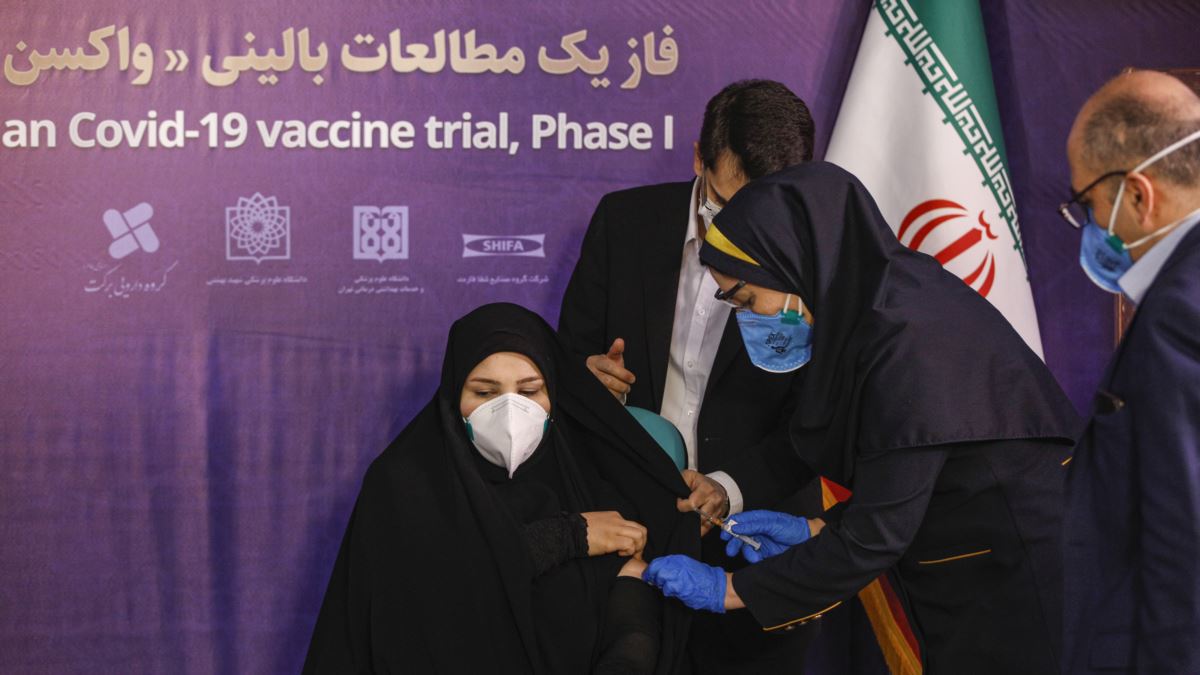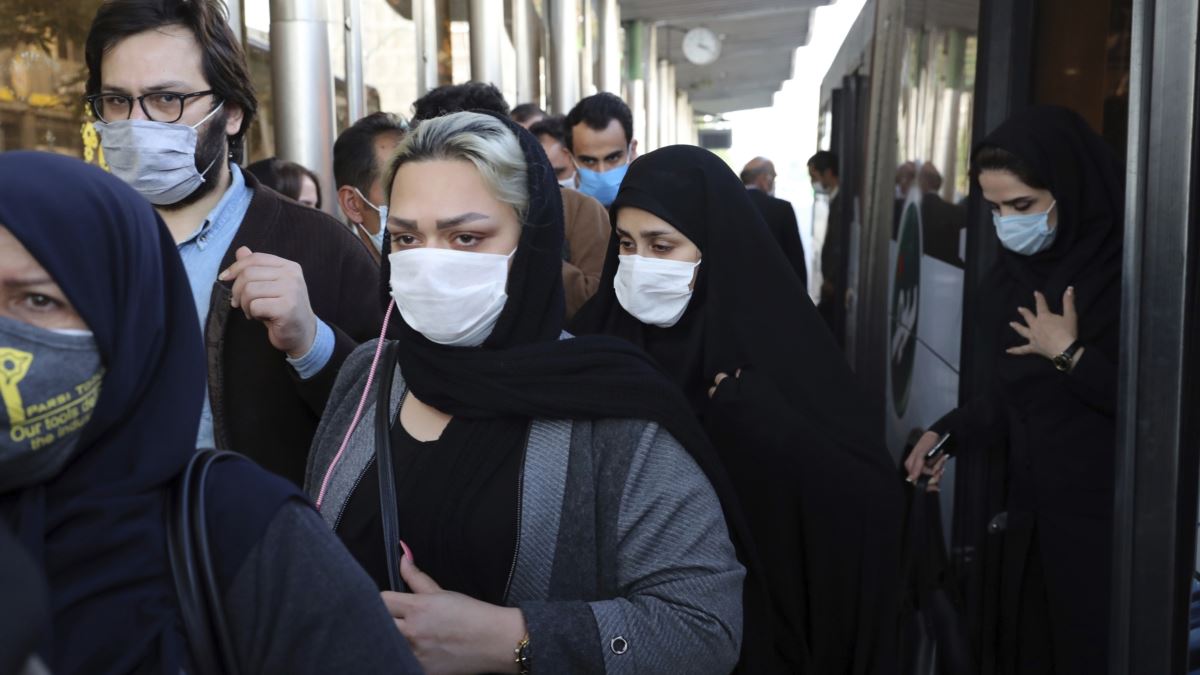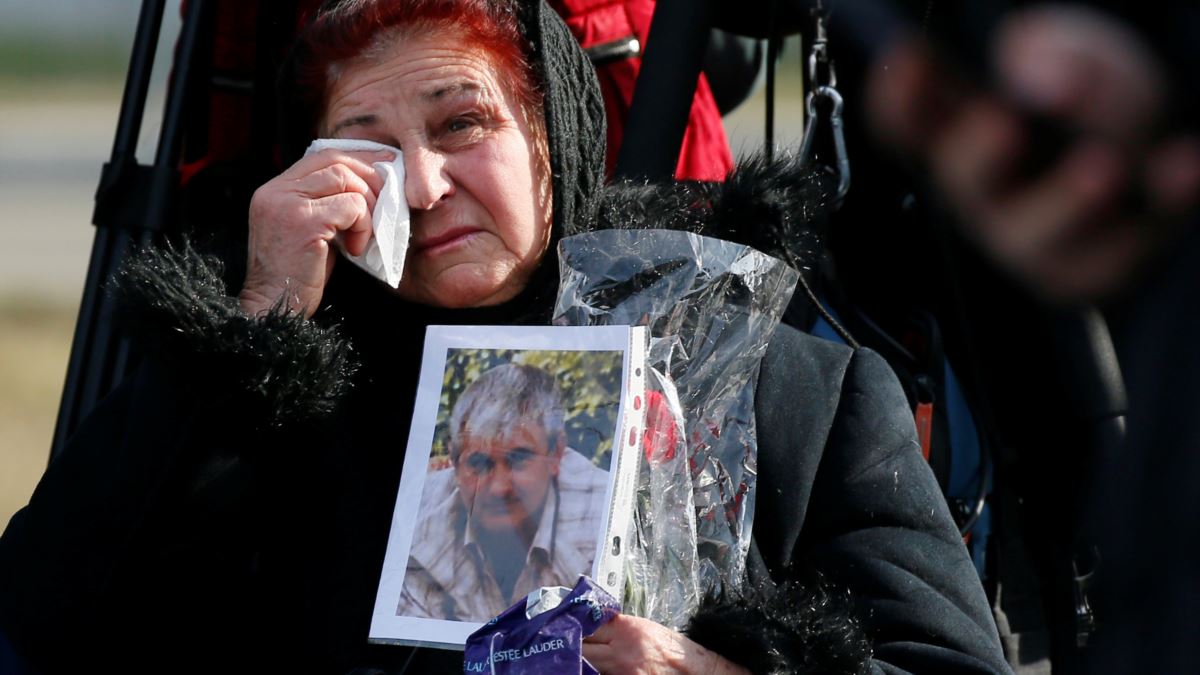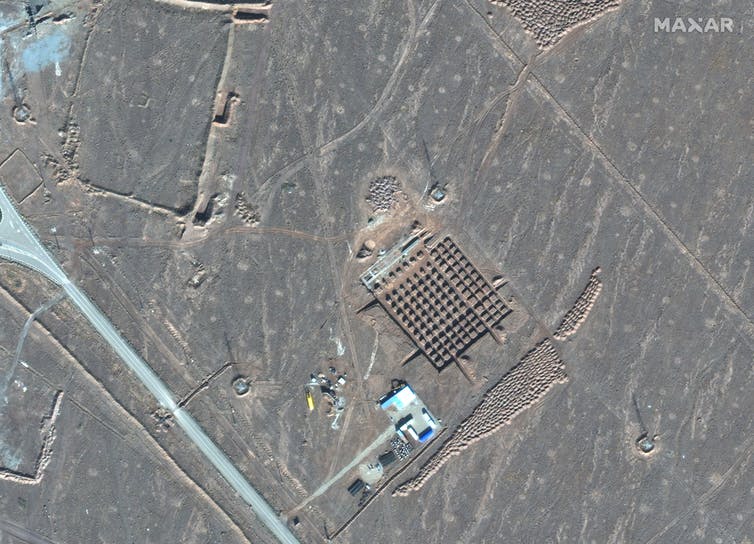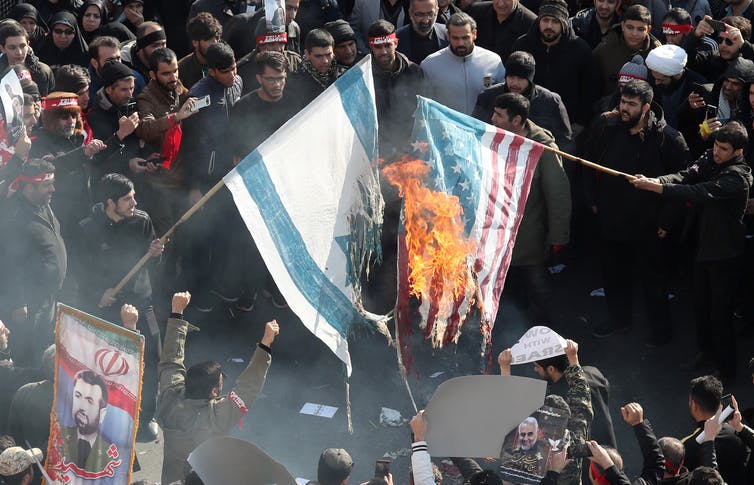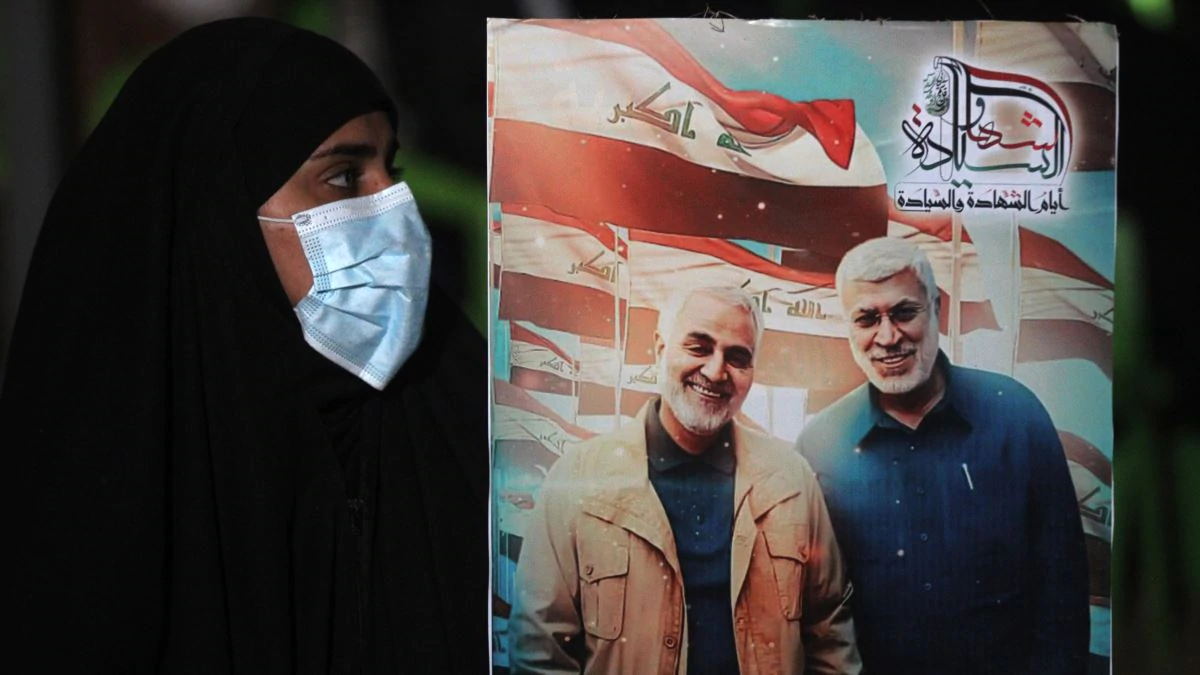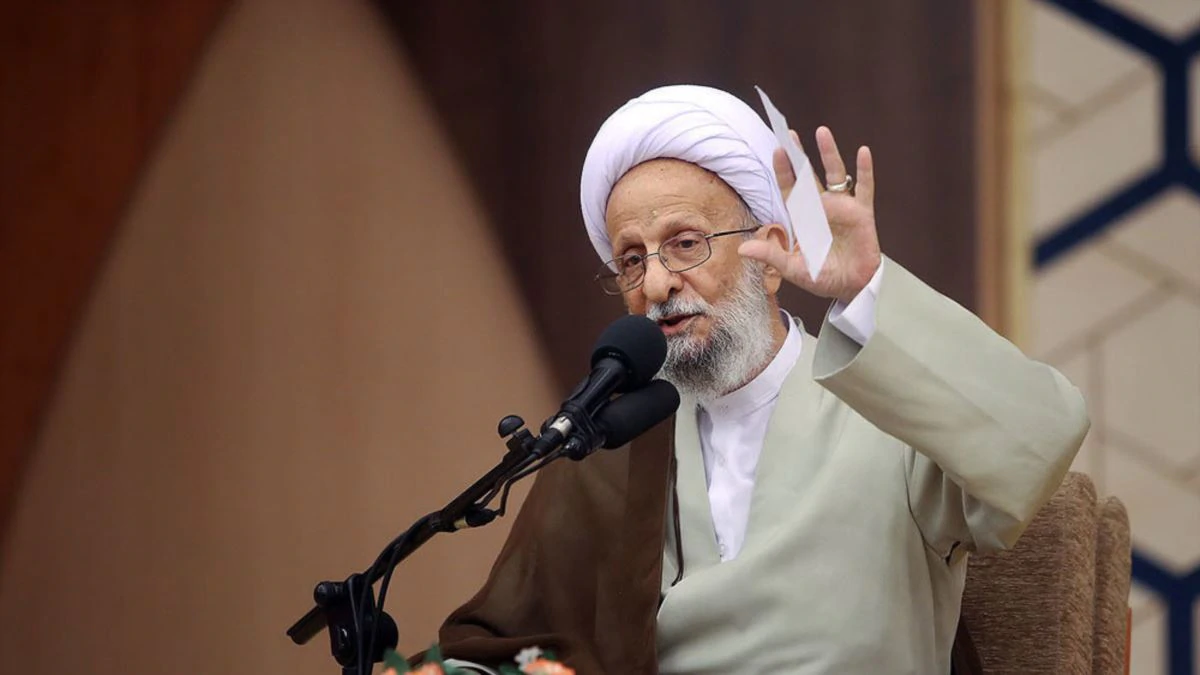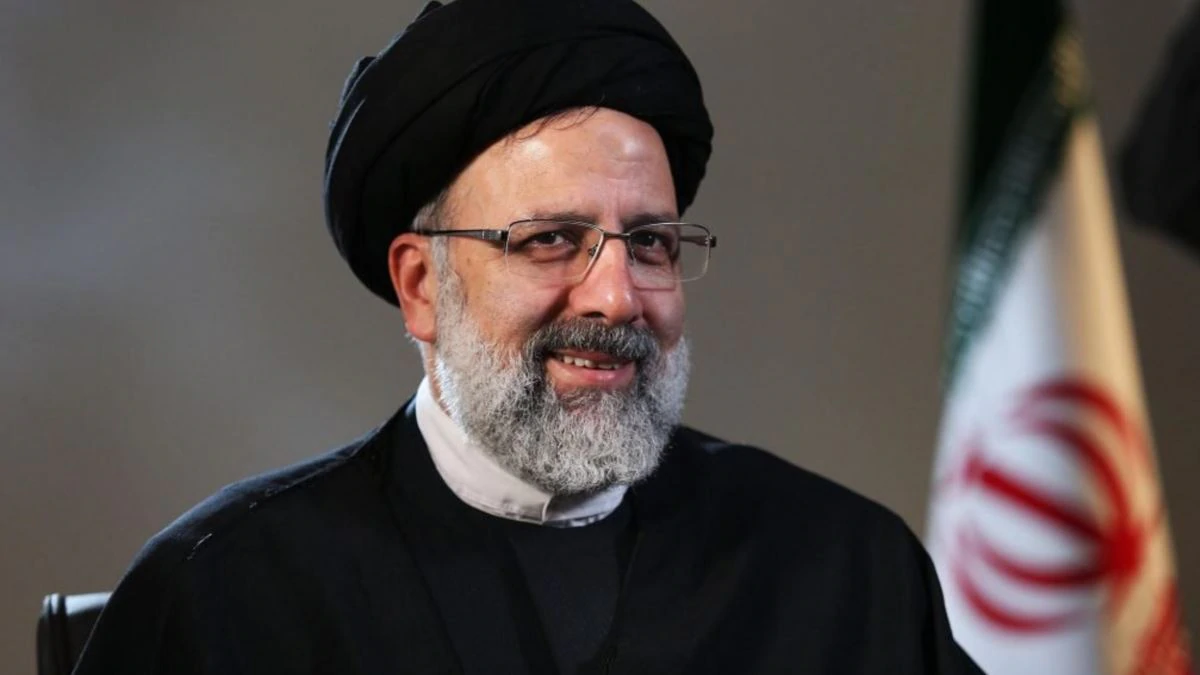Despite a coronavirus outbreak that has killed more than 56,000 Iranians, Supreme Leader Ayatollah Ali Khamenei has banned Western coronavirus vaccines, claiming they’re untrustworthy.
“The import of American and British vaccines is banned,” Khamenei said on January 8.
The surprise announcement was met with anger by Iranians who have in past weeks called on their government to purchase safe vaccines as soon as possible.
Analysts and experts accused Khamenei of politicizing the issue and endangering the well-being of Iranian citizens, who are faced with the Middle East’s deadliest outbreak.
Why Did Iran Ban Western Coronavirus Vaccines?
The decision appears to be the result of the worldview of Khamenei, Iran’s highest political and religious authority. Khamenei is deeply mistrustful of the United States and other Western countries and has cited unfounded conspiracy theories about the coronavirus’s origins since the early weeks of the outbreak in Iran. The ban also highlights Tehran’s tense ties with Washington, which have deteriorated since U.S. President Donald Trump left the 2015 nuclear deal and reimposed crippling sanctions.
Speaking on January 8, Khamenei claimed that Western companies want to test their vaccines on Iranians.
“If their Pfizer company can produce vaccines, why don’t they use it themselves so that they don’t have so many dead? The same applies to Britain,” Khamenei said.
Iranian Supreme Leader Ayatollah Ali Khamenei — who has his own, U.S.-educated physician — has banned imports of U.S. and other Western COVID-10 vaccines.
He meanwhile failed to acknowledge that such vaccines had already been deployed in Western countries, where a number of national leaders have been among the first to receive them in an effort to instill public confidence.
“Our people will not be a testing device for vaccine manufacturing companies,” the Iranian leader said. His country will purchase “safe foreign” vaccines, he said, without providing details.
Meanwhile, Iranian health authorities have promoted the possible import of vaccines from India, China, or Russia, and reportedly even agreed to allow a Cuban vaccine candidate to be tested on Iranians.
Ali Vaez, director of the International Crisis Group’s (ICG) Iran Project, says the ban “is the triumph of ideology over common sense.”
“It’s not just a reckless politicization of the Iranian people’s well-being, but an ill-advised political move,” Vaez told RFE/RL.
Early in the outbreak, in March, Khamenei dismissed an offer of assistance by the Trump administration, which has refused to ease sanctions despite the pandemic and calls for such a move from UN officials, some U.S. lawmakers, and others. Khamenei also went so far as to suggest — without citing evidence — that the coronavirus that has now killed nearly 400,000 Americans might have been manufactured by the United States.
Iranian officials have complained that the sanctions have hampered their efforts to contain the crisis.
Mourners attend the funeral of a man who died from COVID-19 at a cemetery on the outskirts of the Iranian city of Ghaemshahr on December 16. Officially, the disease has killed more than 56,000 Iranians.
Khamenei’s ban followed a December 28 announcement by the Iranian Red Crescent Society (IRCS) that a group of U.S.-based philanthropists had donated 150,000 doses of a Pfizer/BioNTech vaccine that were supposed to be transferred to Iran within three weeks.
Following Khamenei’s ban, an IRCS spokesman said the plan had been dropped.
Saeid Golkar, a senior fellow on Iran policy at the Chicago Council on Global Affairs, called the ban “another example of [Khamenei’s] micromanagement and intervention” in the everyday lives of citizens.
“Ayatollah Khamenei makes this inefficient and ultimately authoritarian regime more ineffective,” Golkar told RFE/RL.
What Are Supporters Of The Ban Saying?
Since Khamenei’s public announcement of the ban, government officials have fallen in line by criticizing Western vaccines.
President Hassan Rohani said on January 9 that “some companies wanted to test their products on our people,” without getting into specifics.
The hard-line parliament on January 11 echoed support for a ban on Western-made vaccines. In doing so, it appeared to fabricate evidence for such a move.
“Due to evidence of shock, side effects, and even deaths in some cases after injecting the vaccines, including those from Pfizer, the government should ban the import of vaccines produced by American, British, and French companies,” 200 of the 290 parliament members said in a statement.
Iranian officials had previously suggested that the country did not have the required infrastructure to handle the Pfizer vaccine, which must be stored at extremely low temperatures, and also suggested it was too expensive.
Hard-liners have made similarly unfounded claims that Western vaccines can cause serious health issues such as cancer and infertility, or even turn Iranians into robots.
An official with the Islamic Revolutionary Guards Corps (IRGC) claimed, inexplicably, that companies that produce COVID-19 vaccines are working to reduce the world’s population by 20 percent.
“There is evidence that these institutions have themselves manipulated and infected the virus,” deputy IRGC coordinator Mohammad Reza Naghdi said.
A former IRGC commander claimed this week that some Western companies inject global-positioning technology into people’s bodies via vaccines to control them.
“They want to control us to the point that we become Ironmen,” Hossein Kanani Moghadam was quoted by Iranian media as saying.
What Are Opponents Of The Ban Saying?
Medical experts have said that there is no basis for the anti-Western vaccine claims and warned that Iran’s ban could complicate its people’s timely access to COVID-19 preventatives.
“It’s an ideological decision. It’s not based on science,” Tehran-based psychiatrist Hessam Firouzi told RFE/RL’s Radio Farda.
U.S. President-elect Joe Biden receives his second dose of the Pfizer-BioNTech vaccine against COVID-19 in Delaware on January 11. A number of Western leaders have been among the first to receive vaccines in an effort to instill public confidence.
“We shouldn’t ban medicine from some countries because we’re having problems with them,” Firouzi said, adding that Western medicine and vaccines are routinely used in Iran.
In a letter to Rohani, Iran’s Medical Council called for the purchase of effective vaccines based “on a scientific approach” and “free from political issues” to inoculate vulnerable groups as quickly as possible.
The council said separately that 200 Iranian doctors have died of COVID-19 and that more than 3,000 have emigrated since the outbreak in Iran began.
Many Iranians took to Twitter to criticize the ban.
Former Interior Ministry official Mostafa Tajzadeh said that “no official, not even the supreme leader, has the right to make unprofessional comments about how to deal with the coronavirus or make decisions contrary to the recommendations of experts.”
To highlight the perceived absurdity of the ban, some people have posted a photo in which Khamenei’s doctor — U.S.-educated Alireza Marandi — is seen next to German scientist Ugur Sahin, who helped create the Pfizer vaccine. Sahin was the 2019 recipient of Iran’s biennial Mustafa Prize for leading Muslim scientists.
What Are Iranians’ Options?
Some Health Ministry officials have recently promoted COVID-19 vaccines developed by China that are already being rolled out in countries like the United Arab Emirates, Bahrain, and the Seychelles.
The head of Iran’s Medical Council, Mohammad Reza Zafarghandi, said on January 12 that the country will import 2 million coronavirus vaccines before the Iranian New Year on March 21 from “India, China, or Russia.”
Zafarghandi also suggested that Iran could still purchase British-Swiss pharmaceutical AstraZeneca’s vaccine, which was developed with the University of Oxford.
“I don’t understand why it is called a British vaccine. It has been manufactured by Sweden and its scientific research has been done in Oxford,” he said.
He added that “its purchase from various sources is on the agenda.”
Iran has also said that it is collaborating on a coronavirus vaccine with a Cuban research institute, despite international questions about its testing methods.
Last month, officials in Tehran said they had launched a clinical trial of Iran’s first homegrown COVID-19 vaccine.
Those tests are presumably ongoing but, even if they are effective, it could take months before the vaccine could be deployed and it might run into the kind of public distrust that has accompanied Iranian officials’ dubious infection statistics since the first days of the crisis.
“I’ve been a physician for 20 years, [and] I can say that 70 percent of my patients ask me whether they should buy the Iranian or foreign version of medications I prescribe. ‘Isn’t the Western-made one better?’” Firouzi quoted them as saying.
Radio Farda broadcaster Mohammad Zarghami contributed to this report.
This post was originally published on Radio Free.


